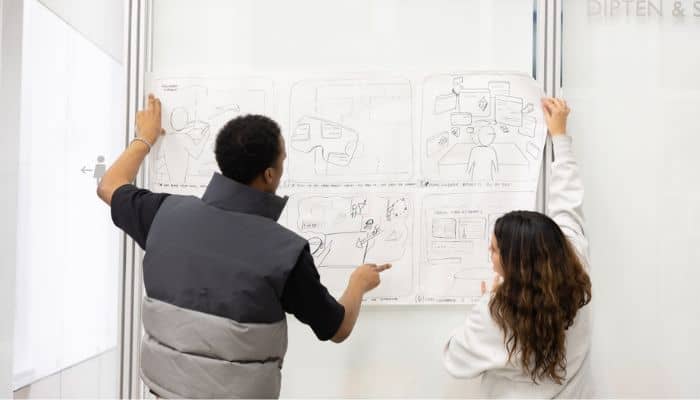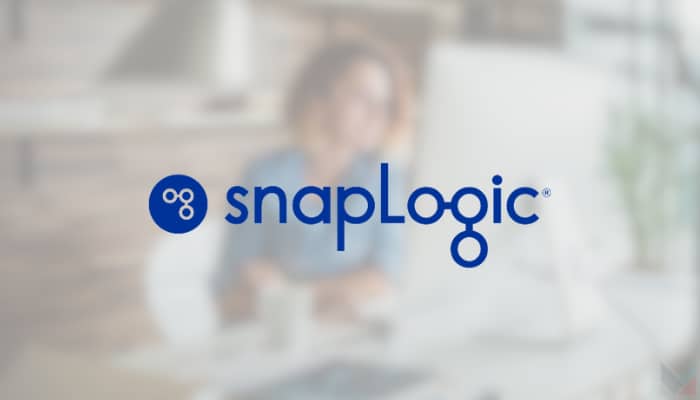Australia – Storyblok, the content management system (CMS) category leader that empowers both developers and marketing teams to create better content experiences across all digital channels, has announced the results of its design challenge conducted in partnership with UC Berkeley’s Jacobs Institute for Design Innovation.
Students and alumni with backgrounds in areas such as human-computer interaction, cognitive science, and mechanical engineering were asked to develop concepts imagining what the future of websites and digital content will look like. For the two-day design sprint, thirty participants were organised into five teams guided by Jacobs design instructors Kuan-Ju Wu and Chris Myers.
The following awards were given to the projects by a group of judges during the final presentation event:
- Web Decentralization (Community Choice and Best Technical Concept) – A decentralized system of content blocks inspired by Minecraft that anyone can use to collaborate on projects. Instead of billions of products designed by thousands of people, billions of people can work together to design thousands of products.
- Thought-to-Thought (Best Inclusive Focus) – A neural interface that enables people to communicate thoughts and ideas without having to verbally explain. Thoughts could be stored and retrieved for special cases, such as dementia.
- Finding Heart in Woven Cities (Best Social Impact) – Community robots that roam around cities and offer personalized content while improving community engagement and personal connections between people.
- Interspace (Most Actionable) – A wristband that displays a personalised holographic space that can be shared with others (concept video).
- Brain Computer Interfaces (Best Blue Sky) – A system that uses brain signals to create content and interact with digital experiences.
“In this design challenge, we embarked on a journey to explore what the future holds for digital content and our relationship with it. We started by having the students delve into their personal experiences and create speculative headlines that depicted a world filled with progress or crisis. We then conducted background research to understand the signals and drivers that could lead to that future,” said Kuan-Ju Wu, design instructor at the Jacobs Institute for Design Innovation.
Wu added, “As we visualized future scenarios through mood boards and vignettes, we were filled with a sense of purpose—a desire to create a better world for ourselves and future generations. I am grateful for the opportunity to work with Storyblok and the students and excited about the next steps of our vision.”
Chris Myers, design instructor at the Jacobs Institute for Design Innovation, also said, “As design educators, we strive to help students master not only techniques but also ways of thinking that will give them the ability to design for problems that are yet to emerge. The design challenge with Storyblok provided the opportunity to think in expansive timelines and reflect on the synergy between technology and society.”
Myers further commented, “I was moved by the results, which highlighted the integration of advanced technology in ways that benefit society on a personal and community level.”
Dominik Angerer, co-founder and CEO of Storyblok also shared that he was impressed with the results of the challenge and is looking forward to the realisation of the concepts.
“Digital content is always evolving. Storyblok was built to be a future-proof CMS that’s ready for whatever the future may bring, so we thought it would be interesting to partner with UC Berkeley to get an early look at the future of digital content,” he said.
The results are available under a Creative Commons Attribution 3.0 Unported license.
This follows Storyblok’s launch of ‘Creator Fund’, which invites content creators globally to submit ideas for content related to CMS topics for a chance to receive US$5k funding for the project.

















